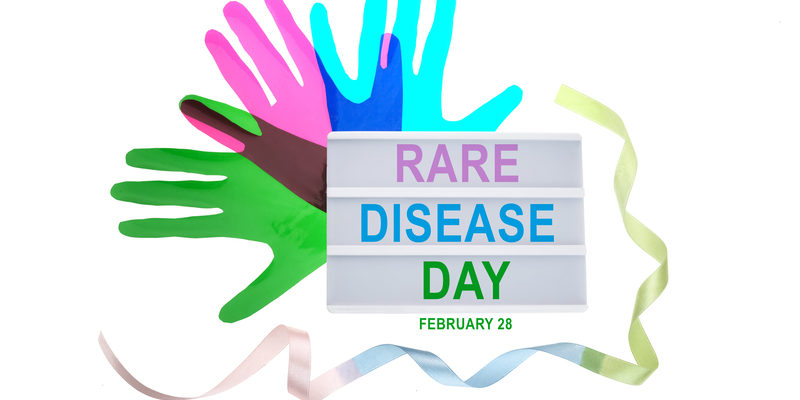Today we discuss the benefits of a rare disease patient registry, which is timely as February 28th is worldwide rare disease day. Since the past decade, patient registries have become increasingly important in healthcare sectors all over the world. While normal patient registries perform the job of improving overall patient outcomes, the benefits of rare disease patient registries have only recently come to the forefront.
What is a Rare Disease Patient Registry?
A rare disease is described as any disease that affects a small portion of the population. Due to its limited expansion, it can be hard to establish any specific causes and a following effective treatment plan. As a result, it is harder to cater to rare disease patients.
Statistics show that by 2025, the global rare disease diagnostics market share will look something like this. 36.8% of the market share is expected to be reserved for hospital laboratories, 27.4% by the diagnostic laboratory, 15.1% by genetic testing laboratories, 13% by cancer research laboratories and 7.8% by others.
To collaborate and improve healthcare plans for rare disease patients, a digital rare disease patient registry is a must. How? Let’s find out.
Benefits of Rare Disease Patient Registries
Patient registries have become an indispensable tool as they allow multiple parties to simultaneously collect and work on data that is gathered from different patient histories, different patient outcomes and different treatment plans. Here are the three major benefits of rare disease patient registries.
Improve Patient Care
A rare disease patient registry is a repository of information where patients of different backgrounds can submit data about their disease. This will systematically capture information about each rare disease patient’s symptoms, treatment and outcome. With this data, researchers can better analyze and learn which treatment will be most effective in a particular situation, naturally improving patient care.
Enhance Possibility of Drug Development
Drug development is both expensive and time-consuming, especially for rare diseases where there is already limited data available. It would be very costly for pharmaceutical companies to recruit rare disease patients for clinical trials, some of whom may not even be interested in participating. This is where a rare disease patient registry can help. With a rare disease patient registry, you have easy access to useful data that can then be used to develop effective drugs.
Helps Streamline the Process
The problem with rare diseases is the limited pool of data. With a structured and organized system established via rare disease patient registries, all parties involved would find themselves in a better position to monitor their progress, assess which symptoms need more attention and which specific information, like smoking habits of rare disease patients, is needed to work on improving medical care and medicines for this specific disease.
The Vast Potential of Rare Disease Patient Registries
Patient registries can prove highly beneficial for rare disease patients. To do that, you need a solid patient registry software solution that allows you the liberty to work on any specific rare disease.







